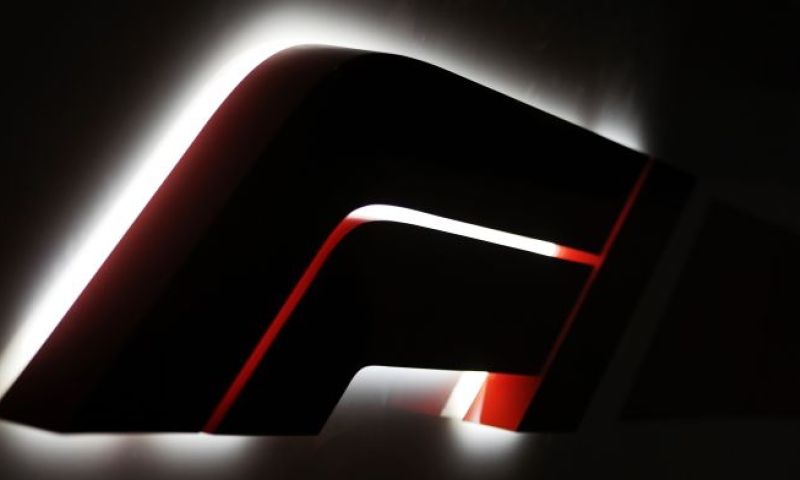General

'Engine regulations for 2026 to be finalised by end of July'
- GPblog.com
For months now, there have been discussions about the details of the engine regulations that should apply in Formula 1 from 2026. Audi and Porsche would like to join the pinnacle of motorsport, but the Volkswagen Group brands have their own requirements. Meanwhile, three of the four current engine suppliers are trying to make things as difficult as possible for the Germans should they decide to enter.
There have been a lot of discussions between them in 2022, but a complete agreement has not yet been reached. For legal reasons Audi and Porsche want all agreements on paper and preferably as soon as possible. Formula 1 also wants to get everything done as soon as possible, but engine suppliers Renault, Ferrari and Mercedes are not in that much of a hurry.
There are still some points of disagreement between the current and the upcoming new engine suppliers. One of the tricky points is the number of hours an engine can run on the test bench. Ferrari, Mercedes and Renault want to further reduce the number of hours on the test bench. Porsche and Audi would then have less time to test their engine. This is particularly annoying as they already have less experience in the sport. Moreover, the test bench is more important and irreplaceable for engine engineers than the wind tunnel is for aerodynamicists.
FIA must make up its mind
The engine suppliers can't come to a decision among themselves, but because a decision has to be made, it is now up to the FIA. President Mohammed Ben Sulayem has received the regulations and the documents that are still pending. He will have to make a decision on a number of matters, such as the number of hours on the test bench.
Then the FIA World Council will vote on the rules before the end of July. At least, that is what the Formula 1 management insists on. Audi and Porsche then have fifteen days to officially announce their participation. The two newcomers prefer to do that before the summer holidays. According to Auto, Motor und Sport this is because the car industry is currently under pressure as a result of the war in Ukraine and the Formula 1 project might encounter internal opposition in the future if the problems persist.